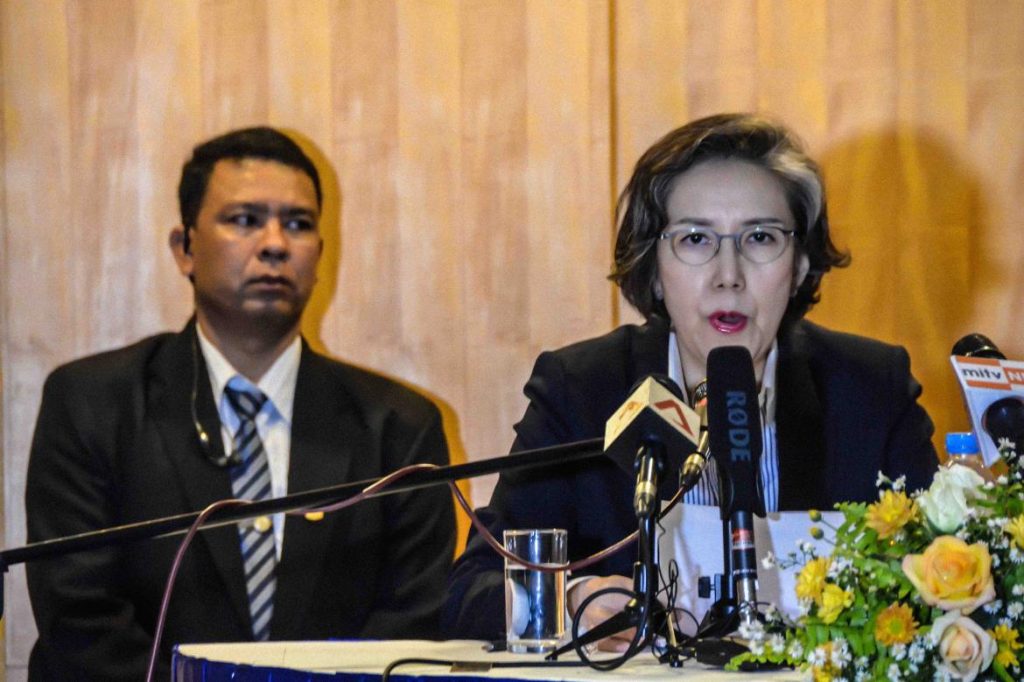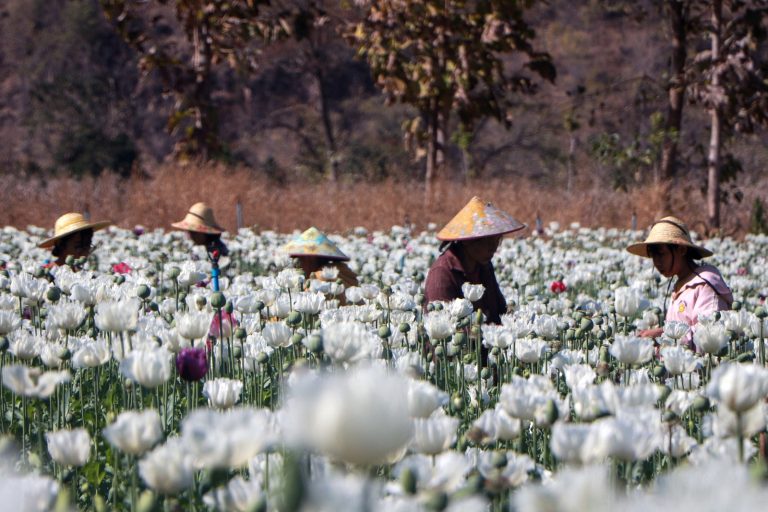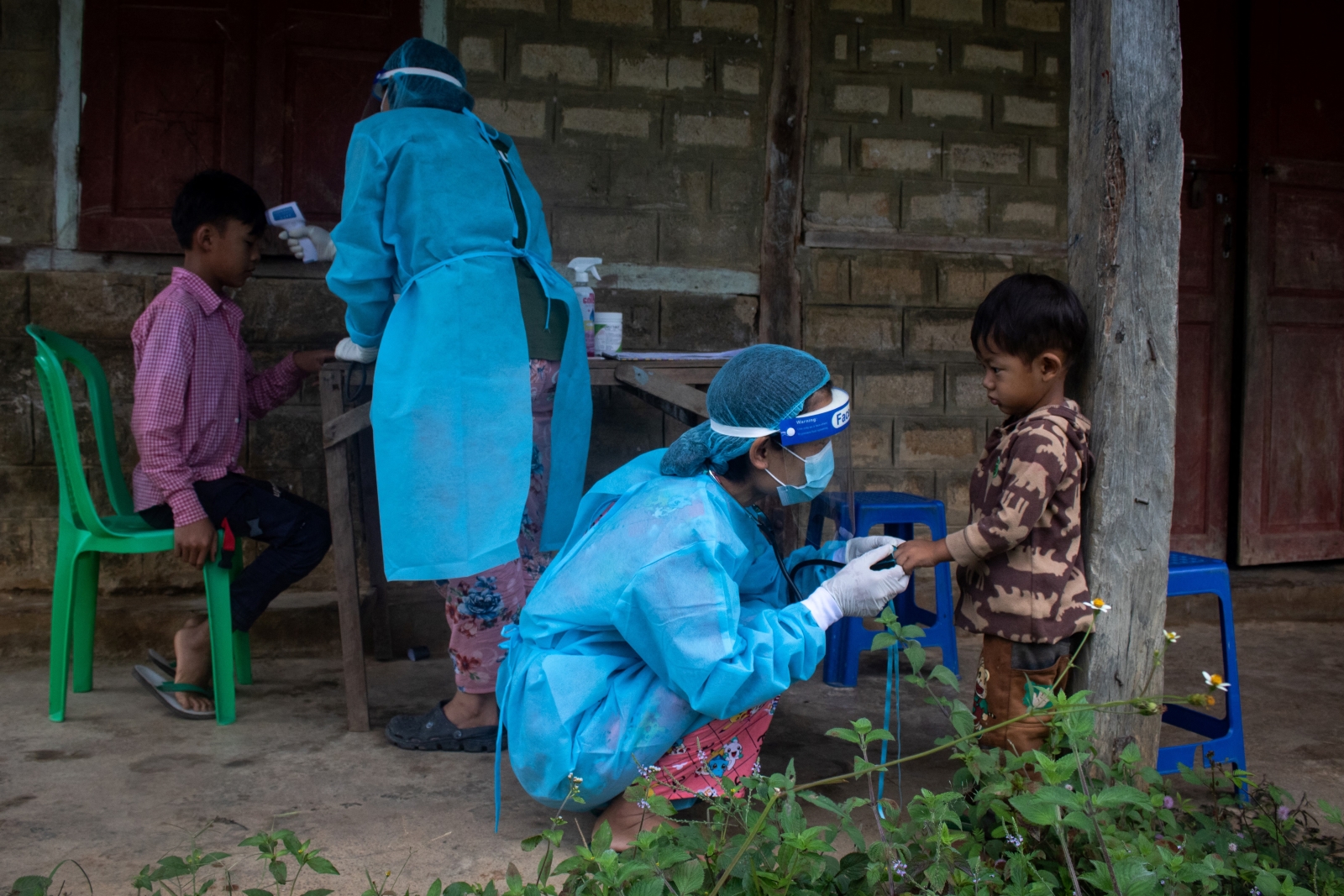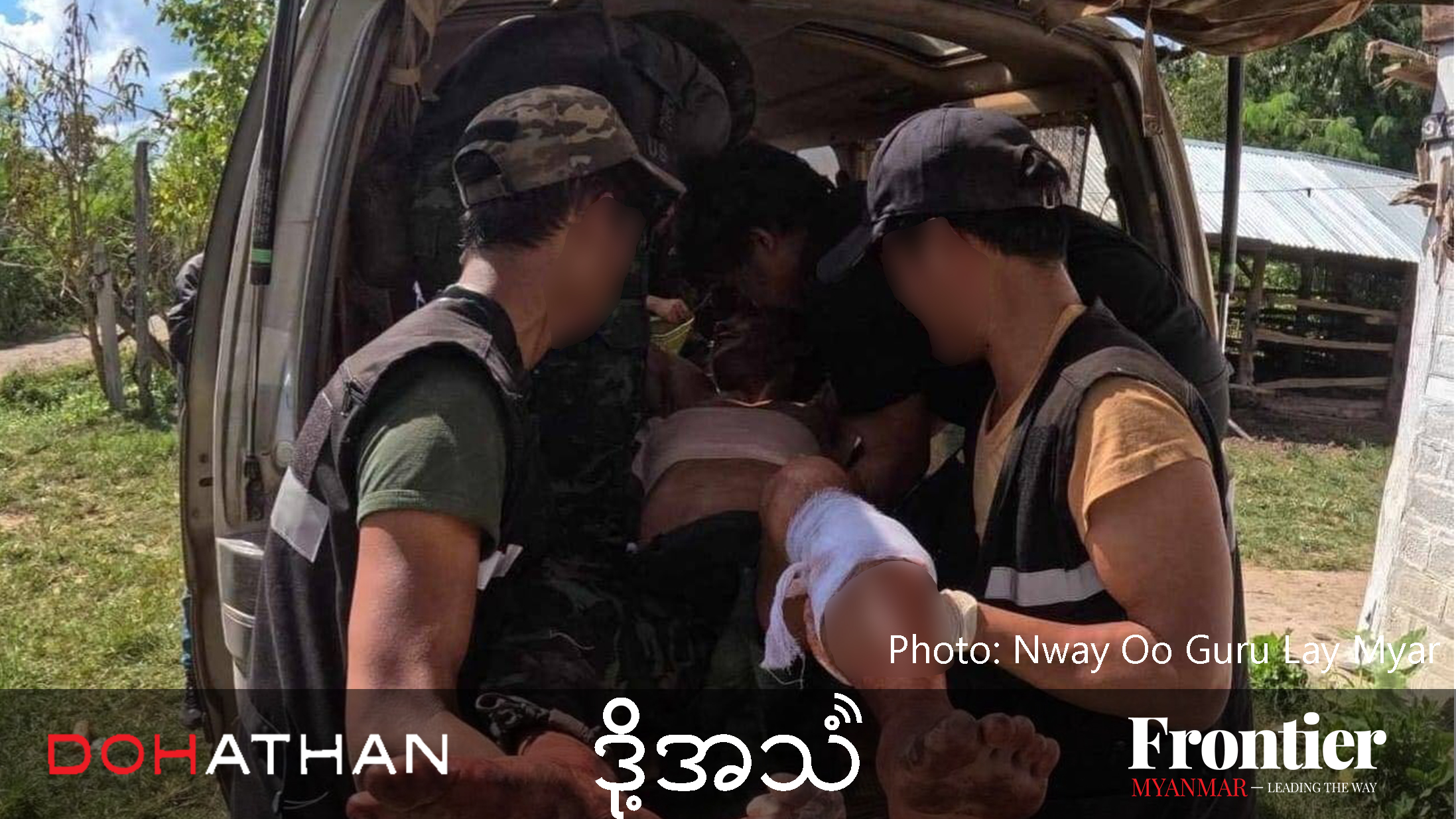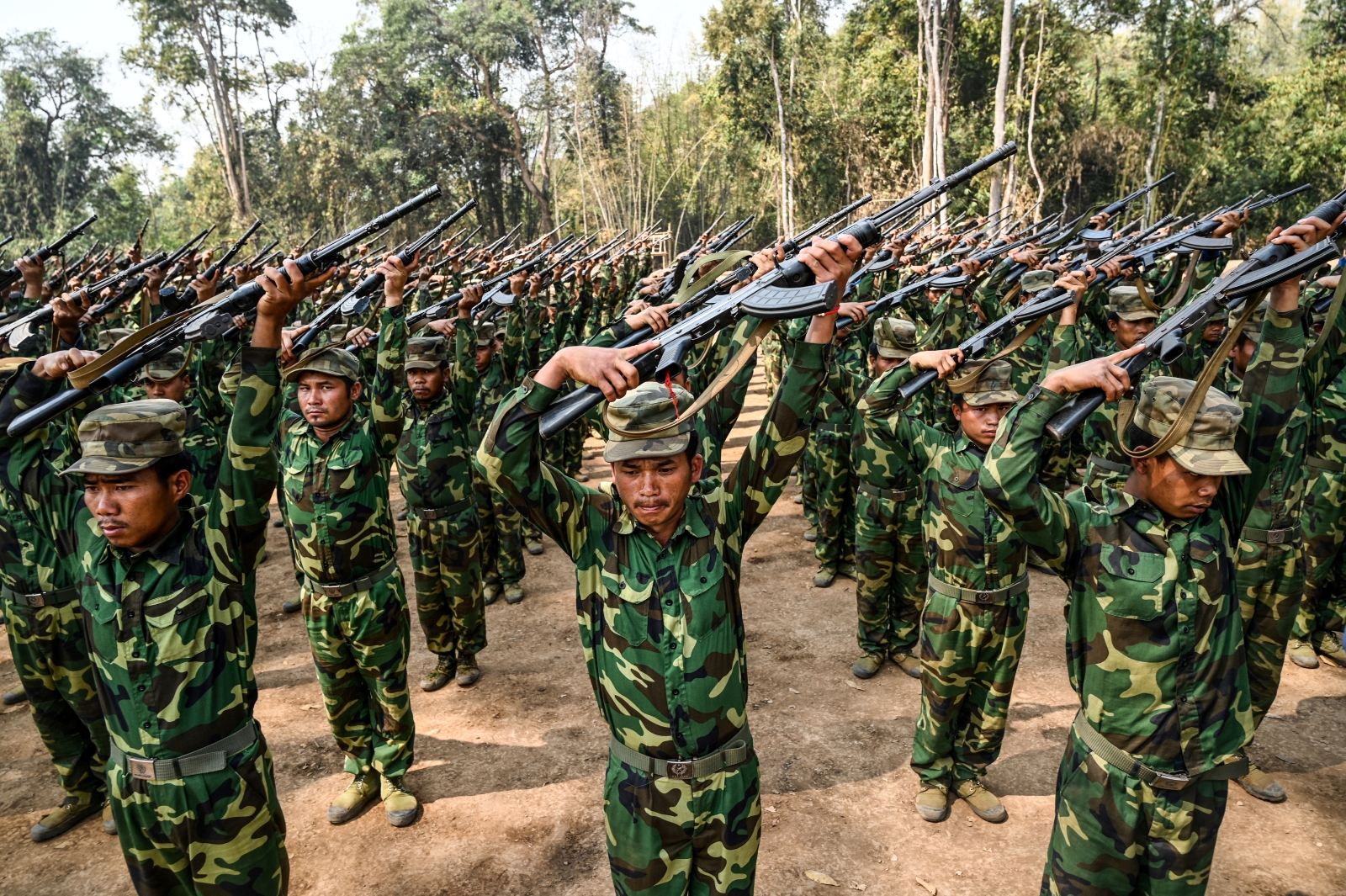YANGON — Respect for human rights must be at the core of the elections in Myanmar next month that a senior United Nations official described Thursday as a “watershed moment” in the country’s democratic transition.
“I urge everyone involved to ensure that respect for human rights is front and centre in the run up to the elections, during the elections and after the elections,” said Yanghee Lee, the UN special rapporteur on human rights in Myanmar. “It is vital that the elections are conducted in an environment that encourages participation from all sectors of society,” Ms Lee said. “In the same vein, it is crucial that divisions and tensions are not manipulated for political purposes,” she said on the sidelines of the UN General Assembly in New York on October 29.
Ms Lee warned that worrying trends were undermining democratic space in Myanmar and she called for an immediate halt to the arrests, convictions and harassment of civil society and journalists.
“Independent voices are vital and must be included in public debate,” Ms Lee said in comments that came a day after she issued a statement to the UN on her last visit to Myanmar in August.
The special rapporteur also expressed concern about the disenfranchisement of hundreds of thousands of people, many from minority communities, as well as the disqualification of many Muslim election candidates.
Support more independent journalism like this. Sign up to be a Frontier member.
Ms Lee highlighted the increasing influence of extreme religious nationalist movements in the political process. She referred to an apparent lack of action taken against disturbing public statements from religious leaders and members of political parties that could amount to incitement to hatred against minorities.
Ms Lee, who in her statement to the UN the previous day had welcomed the signing of the national ceasefire agreement on October 15, also touched on the human rights impact of continuing conflict in parts of the country, the institutionalised discrimination of the Rohingya community and restrictions on freedom of movement in Rakhine State, as well as land grabbing, land confiscations and forced evictions.


